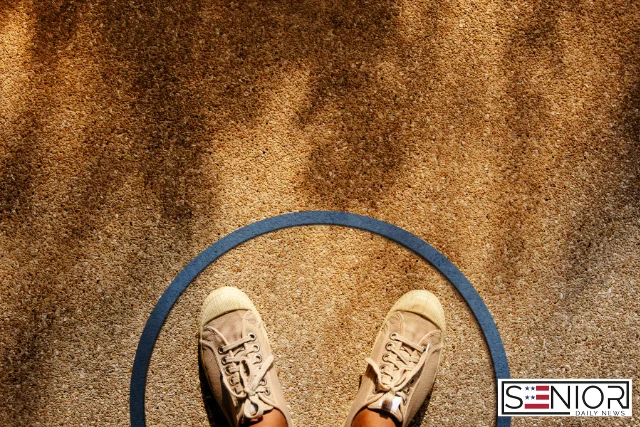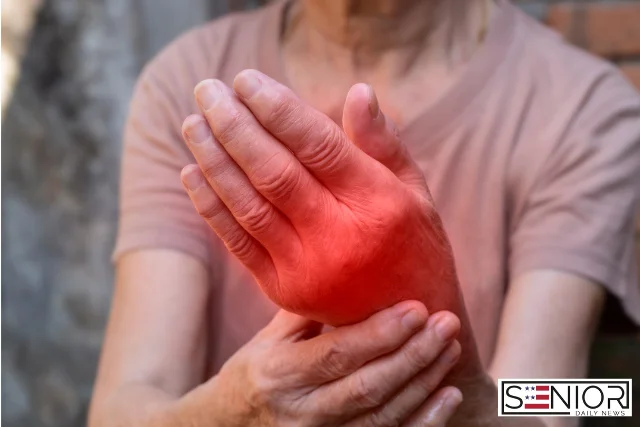The Science of Gratitude: How It Changes Your Brain

Gratitude is more than just good manners. It’s a powerful emotion and practice that can literally change the way your brain works—especially as we grow older. For seniors navigating retirement, health challenges, or life transitions, practicing gratitude isn’t just a feel-good habit. It has real, measurable effects on brain health, emotional well-being, and even physical vitality. The Science of Gratitude shows that being thankful doesn’t just feel good—it also helps the brain and body.
Let’s take a deep dive into the science of gratitude and explore how a simple “thank you” can boost brain power, improve relationships, and help seniors live happier, more meaningful lives.
What Is Gratitude, Really?
Gratitude is the act of acknowledging and appreciating the good in our lives. It can be directed toward people, nature, events, or even oneself. While it may seem like a fleeting emotion, when practiced regularly, gratitude becomes a mindset—a way of seeing the world with more optimism and less stress.
Psychologists define gratitude as a positive emotional response that occurs when we recognize that we’ve received something beneficial from others. Unlike mere politeness, gratitude is deeply emotional and often tied to a sense of connectedness, humility, and well-being.
The Science of Gratitude: How It Rewires the Brain
Gratitude actually rewires your brain. Studies using functional MRI scans have shown that people who regularly practice gratitude have increased activity in the medial prefrontal cortex—the area of the brain associated with decision making, empathy, and social connection.
Here’s a closer look at what happens in the brain:
1. Increased Dopamine and Serotonin Production
These are your brain’s “feel-good” chemicals. When you express gratitude, your brain releases more dopamine and serotonin, which improves mood and reduces feelings of anxiety and depression.
2. Enhanced Neural Plasticity
Gratitude supports the formation of new neural connections. This is especially important for seniors, as neural plasticity tends to decline with age. Practicing gratitude can help maintain cognitive sharpness and memory retention.
3. Reduction in Cortisol Levels
Cortisol is the hormone released during stress. Long-term gratitude practice has been shown to lower cortisol levels, reducing the impact of stress on the body and mind.
4. Improved Sleep Patterns
People who keep a gratitude journal or end the day reflecting on what they’re thankful for tend to sleep better. Gratitude helps quiet the mind and reduces the mental chatter that keeps many seniors awake at night.
Why Gratitude Matters More in Later Life
For seniors, gratitude is more than a mental exercise. It’s a tool for navigating the unique challenges that come with aging:
- Coping with Loss: Whether it’s the loss of a spouse, friends, or physical ability, gratitude helps shift focus from what’s missing to what’s still present and meaningful.
- Managing Chronic Illness: Research shows that grateful individuals are better at adhering to health regimens and report fewer physical symptoms.
- Maintaining Social Bonds: Gratitude promotes empathy and stronger connections with others, helping combat loneliness and isolation.
- Building Emotional Resilience: Seniors who practice gratitude tend to bounce back more easily from adversity, thanks to a more positive and accepting outlook.
Practical Ways to Practice Gratitude
You don’t need a science lab or therapist to benefit from gratitude. Small daily actions can make a big difference. Here are a few senior-friendly ways to cultivate gratitude:
1. Keep a Gratitude Journal
Every night, jot down three things you’re grateful for. They don’t have to be big—”my warm cup of tea,” “a phone call from my grandson,” or “the sunshine on my porch” all count.
2. Gratitude Letters
Write a letter to someone who has made a difference in your life, even if you don’t send it. The act of writing helps focus your mind on appreciation.
3. Morning Gratitude Ritual
Start each day by naming one thing you’re thankful for before you even get out of bed. It sets a positive tone for the rest of the day.
4. Gratitude Jar
Place a jar in your kitchen or living room. Every time something good happens, write it down and drop it in. Read the notes when you need a pick-me-up.
5. Mindful Walking
Take a slow walk and actively look for things to appreciate—the color of the flowers, the laughter of children, or the feel of fresh air.
The Research Behind Gratitude
Scientific interest in gratitude has exploded in recent years, especially as researchers uncover its benefits for aging populations.
- University of California, Davis Study: Participants who kept gratitude journals reported fewer physical ailments and exercised more.
- National Institutes of Health (NIH): Found that gratitude activates brain regions associated with moral cognition and rewards.
- Harvard Medical School: Notes that gratitude helps people feel more positive emotions, relish good experiences, and build strong relationships.
Gratitude and Physical Health
You might be surprised to learn that gratitude affects the body as much as the brain. Here’s how:
- Boosted Immune Function: People who are more grateful have stronger immune responses.
- Lower Blood Pressure: Practicing gratitude regularly has been linked to reduced blood pressure and heart rate.
- Better Sleep: Seniors with a gratitude practice tend to fall asleep faster and report better sleep quality.
Real-Life Stories
Jean, 72, Florida: “After losing my husband, I felt numb. My daughter encouraged me to start a gratitude journal. I was skeptical, but over time, I noticed I felt lighter. Now it’s part of my nightly routine.”
Martin, 68, California: “I take a walk every day and focus on what I’m thankful for. It started as a way to stay active, but it became a way to stay sane. I see the world differently now.”
Common Roadblocks to Gratitude (And How to Overcome Them)
1. “I Have Nothing to Be Grateful For.”
Start small. Gratitude doesn’t require grand events. A good meal, a cozy blanket, or a smile from a stranger counts.
2. “It Feels Forced or Fake.”
That’s okay. Like any new habit, it takes time. The brain will catch up with the practice.
3. “I Forget to Practice.”
Try linking gratitude to daily routines like brushing your teeth or taking medication. Use visual cues like a sticky note.
The Science of Gratitude proves that a simple habit like saying thank you can improve your brain and your life—no matter your age.
FAQs: The Science of Gratitude
Q: Can gratitude really change my brain?
A: Yes. Neuroscience shows that gratitude boosts brain chemicals like dopamine and serotonin, while enhancing regions linked to emotional regulation.
Q: How long do I need to practice to see results?
A: Some studies show improvement in mood and health after just two weeks of daily practice. The longer you stick with it, the more benefits you’ll notice.
Q: What if I live alone?
A: Gratitude is a solo activity, too. Journaling, reflection, and mindful walking are excellent practices for those living alone.
Q: Does gratitude help with depression or anxiety?
A: While it’s not a cure, gratitude can significantly reduce symptoms by shifting focus away from negative thoughts.
Q: Is it ever too late to start?
A: Absolutely not. The brain can form new habits at any age. Seniors who start gratitude practices often see emotional and physical improvements quickly.
Image Designed Using Canva






